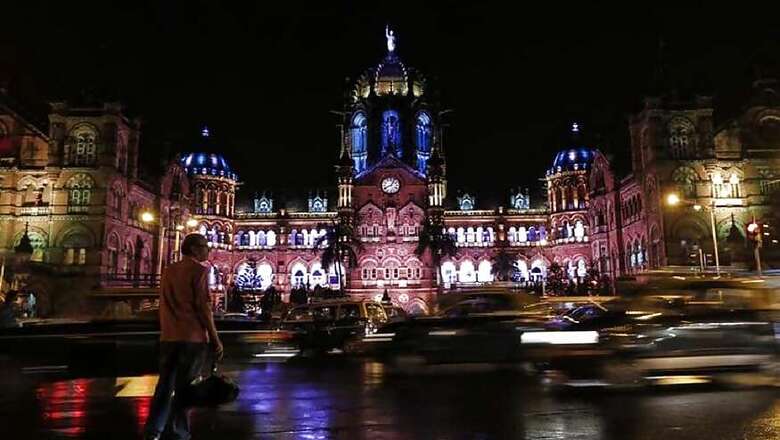
views
Mumbai: Famously known as the city that never sleeps, Mumbai may soon live up to that reputation. From January 27, shops and establishments in malls and mill compounds in non-residential areas will be allowed to remain open 24x7.
The idea, which is the brainchild of Maharashtra tourism minister Aaditya Thackeray, will do away with restrictions that prevent the city from operating round-the-clock. This scheme, which is being rolled out in limited areas, will cover those establishments with CCTV surveillance systems, parking space, licenses and other facilities.
However, this will be an enabling provision, and establishments will be able to stay open on a voluntary basis. But, the decision of the state cabinet has fallen foul of the opposition Bharatiya Janata Party (BJP) and even the party's own ally, the Nationalist Congress Party (NCP).
Aaditya prepared the blueprint for the plan in a meeting with senior bureaucrats and police officials last week. But, senior NCP leader and state home minister Anil Deshmukh voiced his concerns about the extra pressure on the law-and-order machinery. Soon, his party colleague, Dr Rajendra Shingne, who is in charge of the food and drug administration (FDA) portfolio, followed suit.
Aaditya, who heads the Shiv Sena's youth wing, Yuva Sena, has been pushing the "nightlife" plan for years.
In 2013, the Shiv Sena-controlled Brihanmumbai Municipal Corporation (BMC) had approved a resolution and forwarded it to the state government. The proposal said eateries, cafes, malls, theaters, chemist and milk shops, could remain open all night in non-residential zones (like Ballard Estate and Bandra Kurla Complex), while in residential areas, clearances from residents and police would be necessary.
In 2017, the erstwhile BJP-Shiv Sena government approved the replacement of the existing Maharashtra Shops and Establishments Act, 1948, with a new law to liberalise working hours and employment in such establishments.
Though this was expected to boost the city's nightlife by allowing shops and commercial establishments to work all 24 hours across the week, the state deferred its implementation after concerns that were raised by the police.
This Maharashtra Shops and Establishments (Regulation of Employment and Conditions of Service) Act, 2017, covered shops, restaurants, residential hotels, eating houses, theatres, places of amusement and other establishments like those run by doctors, engineers, accountants, professional consultants, societies and charitable trusts.
Aaditya said by relaxing business timings, the 'Mumbai 24 Hours' scheme would increase economic activity, generate employment, and have a cascading effect on services like taxi and transport providers. This is expected to promote tourism, convenience employees from IT and ITES sectors, who work late hours, and do away with "inspector Raj".
At present, shops have to down shutters at 10pm with a grace period of 15 minutes, while it is 12:30am for restaurants, with a grace period of half-an-hour. Paan and cigarette shops and other commercial establishments must shut by 11pm and 9:30pm, respectively. However, there are provisions for individual restaurants and shops to seek relaxations in the timings, where senior officials admitted, lot of discretion and even corruption, came into play.
Even Shiv Sena leaders and supporters of the idea admit that the plan has been wrongly framed around the concept of "nightlife", giving an impression that it will promote alcohol consumption.
Ironically, state excise officials admit there is no plan to extend the timings for wine shops and permit rooms from the existing 10:30pm and 1:30pm respectively in the Mumbai police commissionerate area. At present, permit rooms and facilities serving liquor in five-stars too have to stop operations by 1:30pm.
There are also concerns over the likely law-and-order problems in "sensitive areas", where commercial establishments may work round-the-clock and the likely inconvenience to nearby residents. Those staying in areas with a mix of residential and commercial units may also be affected. Moreover, it is difficult to demarcate strictly commercial areas with even the office district of Bandra Kurla Complex (BKC) having residential pockets.
As a legislator pointed out, the original idea concerned granting "limited permissions" to business enterprises to operate through the night and allowing people and working professionals access to food, medicine and entertainment. However, the use of the word "nightlife" may have deflected the focus.
In fact, Aaditya's father and chief minister Uddhav Thackeray too admitted that while he was uncomfortable with the use of the term "nightlife", it could be launched on an experimental basis.
Stakeholders have also raised concerns over the safety of women working in these establishments and the need for the Railways, which carry around 65 lakh people daily, to shut down operations for some time every night for routine safety checks and maintenance.
However, it is the Shiv Sena's former ally, the Bharatiya Janata Party (BJP), that is sensing a political opening and opportunity to catch the Sena on the wrong foot. Senior BJP leader and former minister Ashish Shelar said now, residents who were already inconvenienced by bars, pubs and hotels in their vicinity, would be put to greater trouble.
Shelar, who is known for taking on the Shiv Sena, said the proposal will burden the law-enforcing machinery and affect the safety of women.
Another BJP MLA from the western suburbs said at present, elected representatives faced a deluge of complaints from citizens about establishments operating beyond scheduled timings and the "nuisance" caused by customers. Coupled with issues like illegal consumption of alcohol in public, slipping parental control and even consumption of drugs, the nightlife proposal could cause social tensions, he claimed.
The BJP aims at becoming a rallying point for those affected by these establishments and at converting it into a civic issue. But, even Shiv Sena leaders admit that with lack of clarity around finer points and politics around the Mumbai 24X7 scheme heating up, the party may soon realise the meaning of the cliché about the road to hell being paved with good intentions.
(Dhaval Kulkarni is a journalist and author of the book ‘The Cousins Thackeray: Uddhav, Raj and the shadow of their Senas’, which is the first political biography of Uddhav and Raj Thackeray. Views are personal)











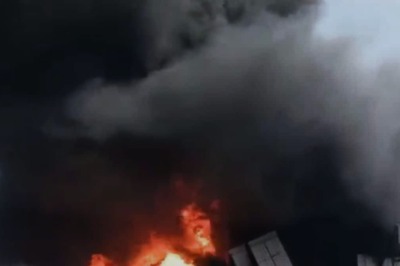



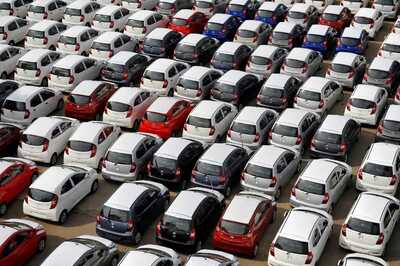
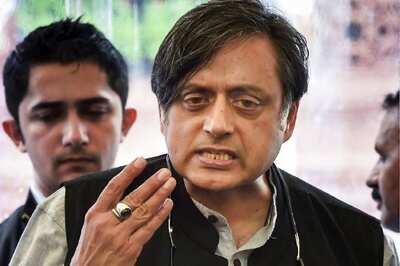

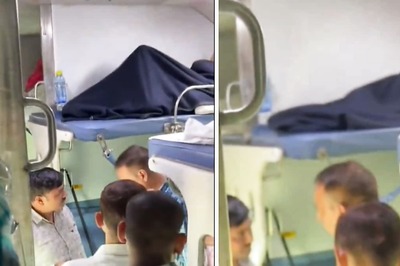
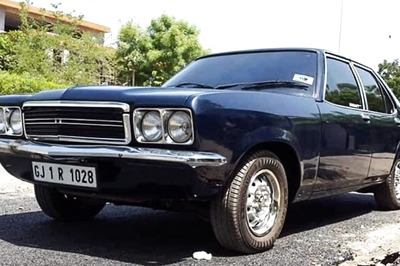
Comments
0 comment